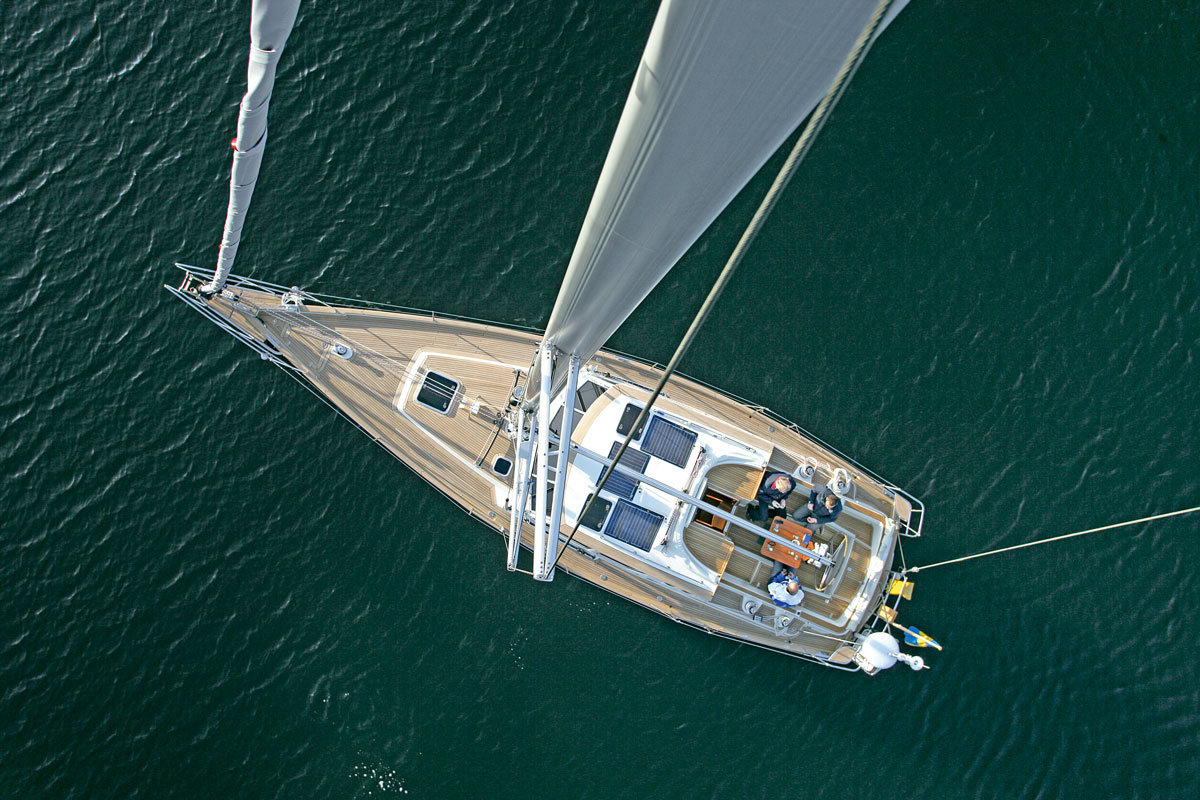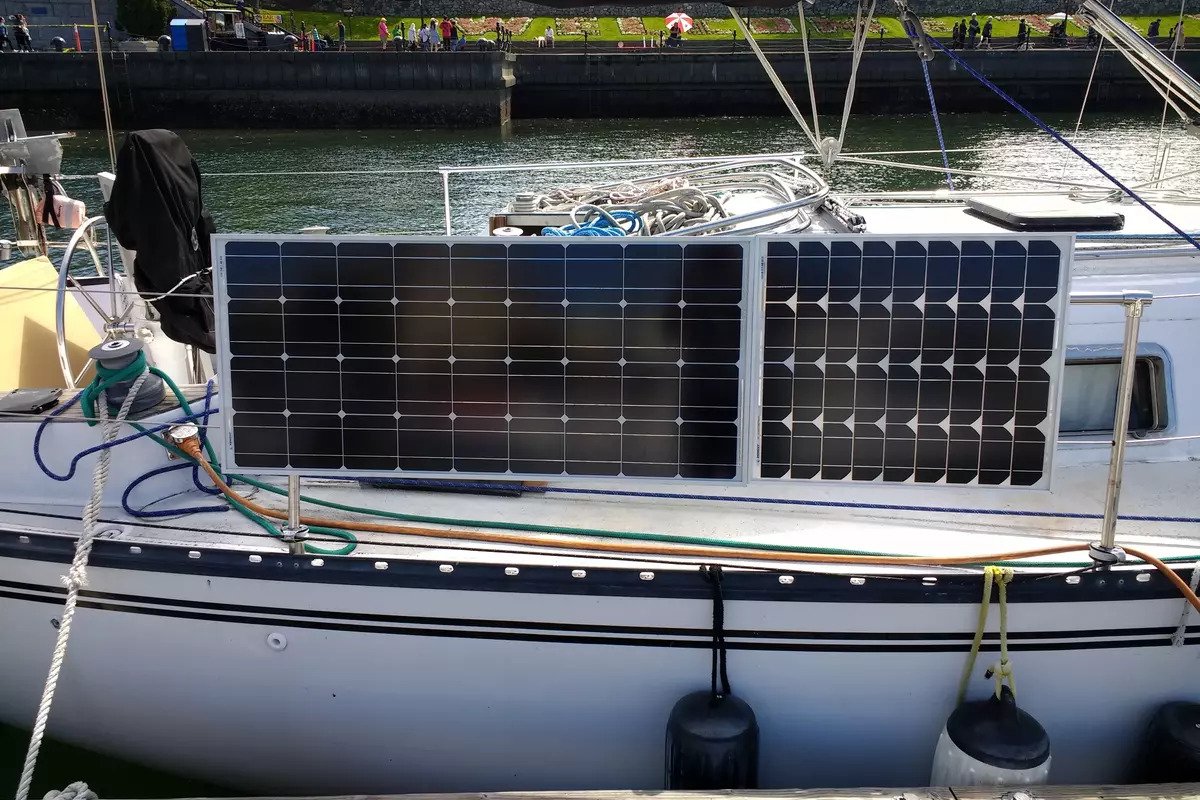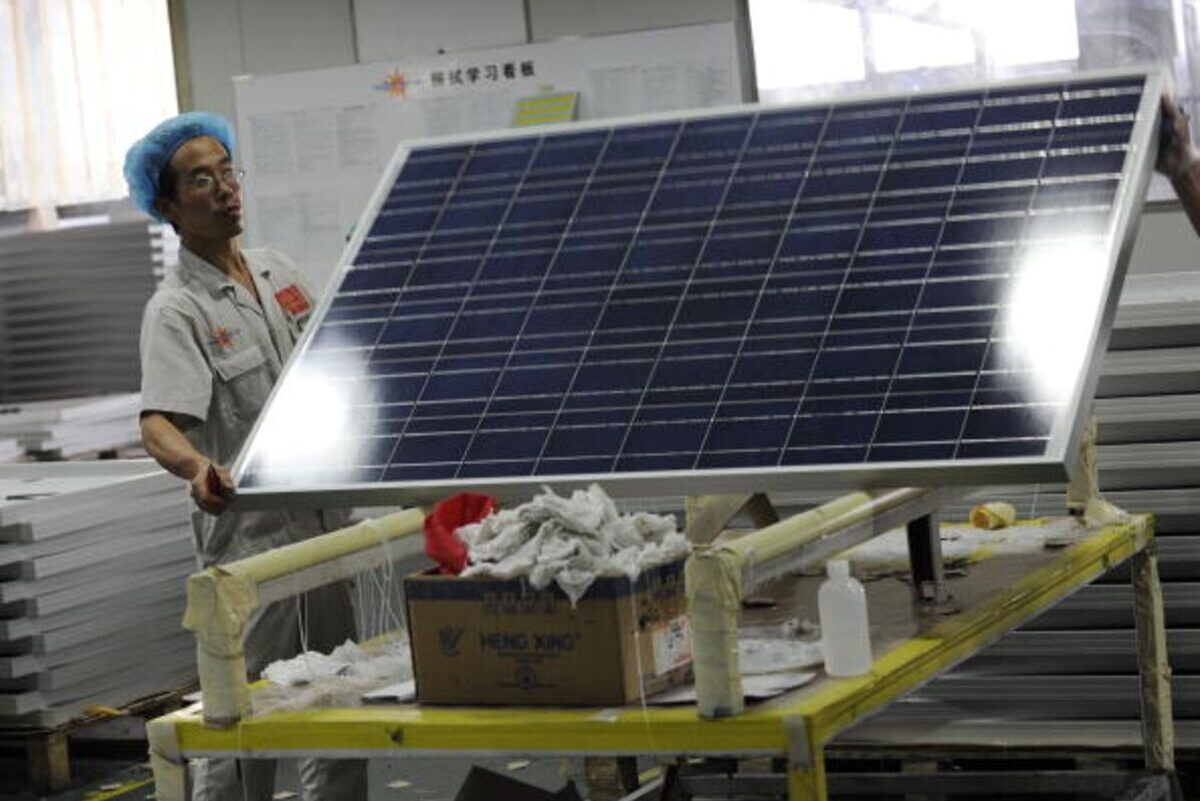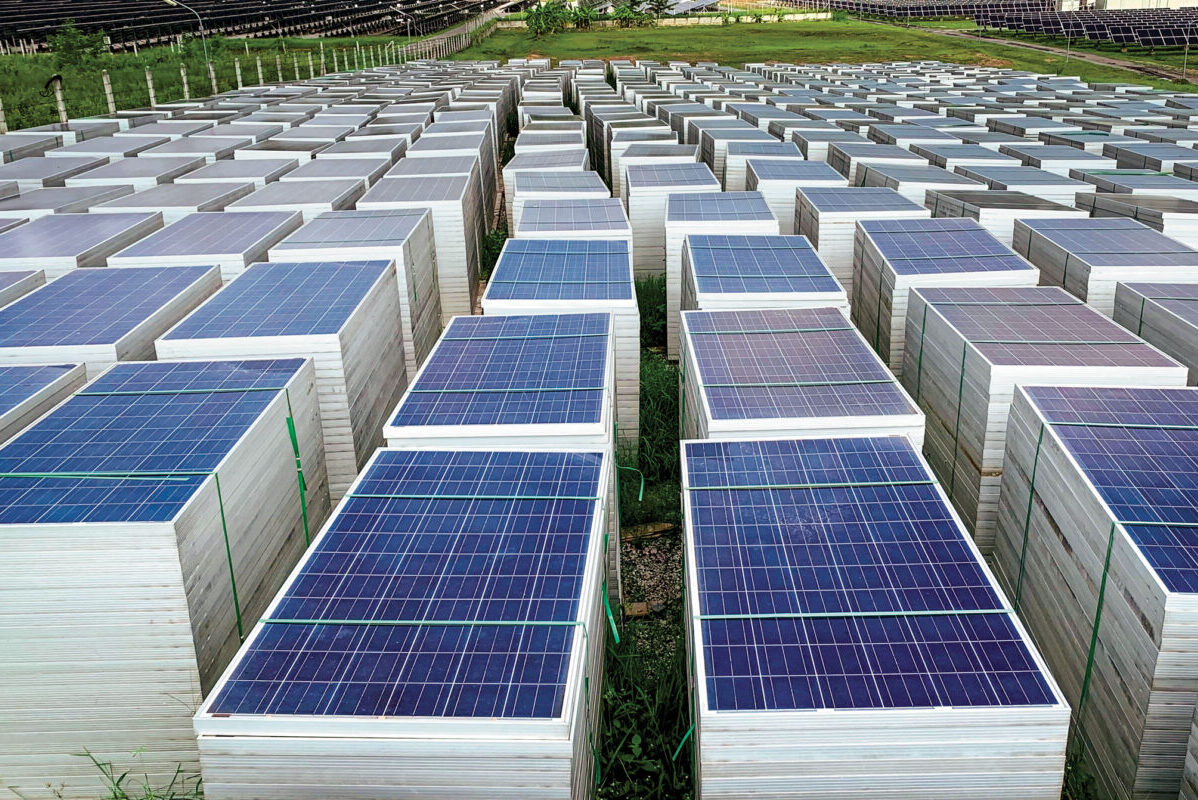Due to the solar cell’s falling cost, you can get low-cost portable solar panels online or at many big-box home improvement stores. Many foldable solar panels range from $1 to $2 per watt, which is nearly half the price of solar panels on your roof. Yet, are they worthwhile?
How to Use Portable Solar Panels
A standard rooftop solar panel generates at least 300 watts of power. Smaller, less expensive panels, on the other hand, only generate up to 50 watts. Furthermore, the larger ones may have two or three panels in a folding casing, whereas the smaller ones have less powerful, single-sheet silicon solar cells.
These panels connect with jacks where electricity flows, so they can power the connected devices. A USB port and a DC output connection in the panels enable customers to charge their smartphones or laptops directly.
Portable lithium-ion batteries are most frequently used with portable solar panels. This is to ensure they will work in any environment. These batteries can connect with different output devices and they include DC output jacks and domestic AC outlets with 120 volts.
You must understand, though, that portable photovoltaic panels are not designed to work like rooftop photovoltaic panels. They lack special features, such as voltage regulators. They also lack the design construction of the rooftop panels.
However, it takes a short time to install a portable solar panel. It also doesn’t require permits or inspections. Even if portable solar panels are not for everyone, they can still be useful and a wide range of situations.
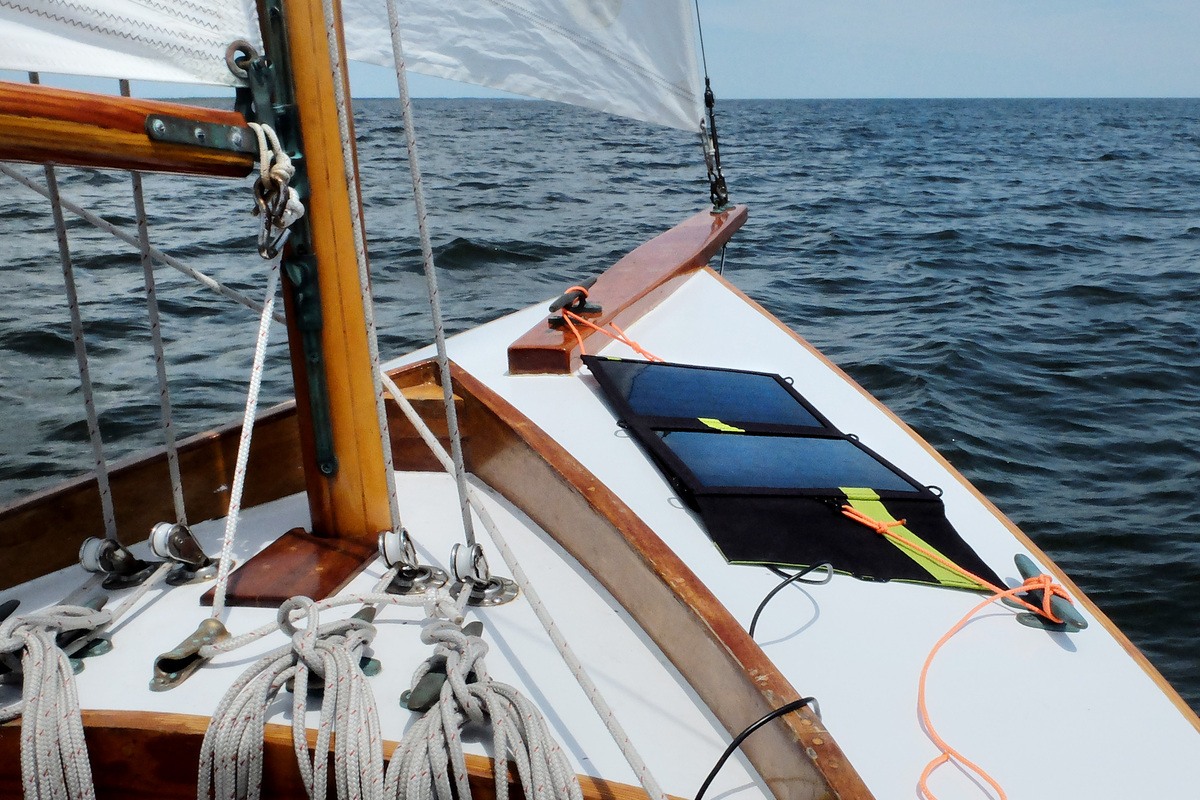
Top Applications of Portable Solar Panels
Due to their portability, solar panels are used by campers, backpackers, and other people who require an electrical supply but are unable to access grid electricity.
Here are the other uses of portable solar panels:
1. Apartment Living
It is possible that you live in an apartment where your landlord is reluctant to set up solar panels on the roof. In this situation, you could look into community solar farms or install portable solar panels on your balcony to produce your own electricity. You can also take your panels with you when you leave.
2. Boating
You can use the energy from a battery to power an electric engine by mounting solar panels on the deck or another flat surface of your boat. The panel can also serve as a canopy to shield you from the sun when you are at sea.
3. Power Outages
If you have a solar-powered battery backup, you can keep using your laptop, router, and modem even when you experience a power outage. There are also portable solar panels made expressly to charge laptops with solar power.

